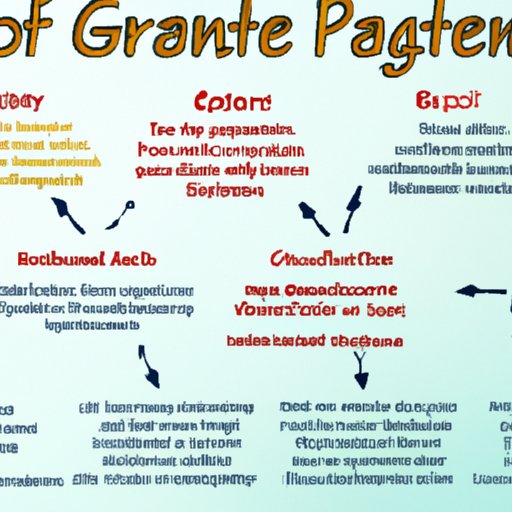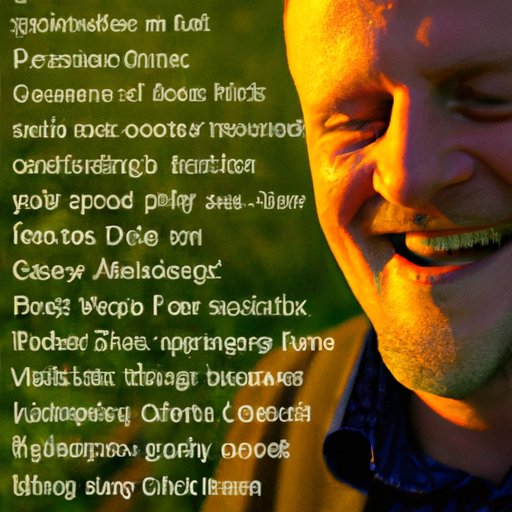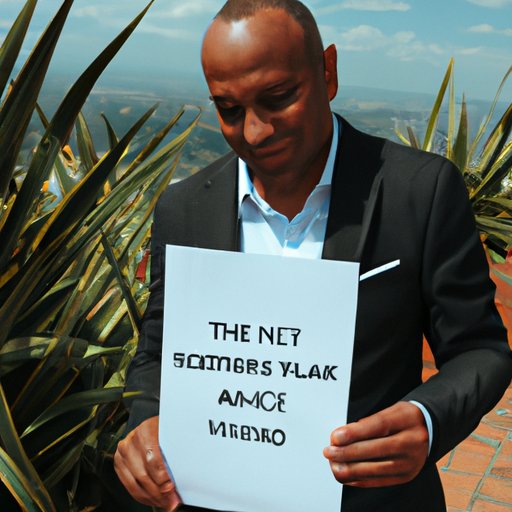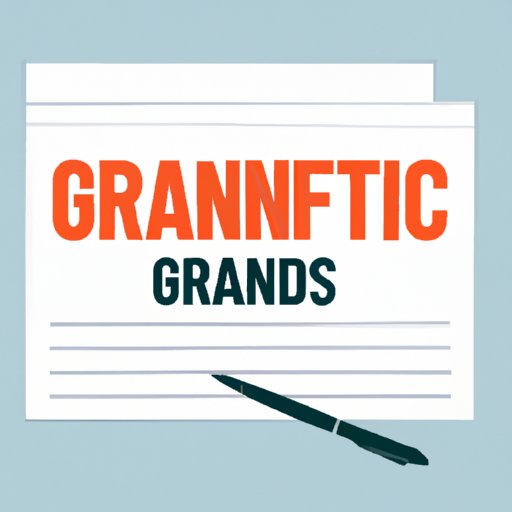Introduction
Grant writing is the process of applying for funds from private organizations or government agencies. These grants can be used to fund a variety of projects, such as research initiatives, educational programs, or community development projects. There are two main types of grants: competitive and non-competitive. Competitive grants require applicants to submit a proposal that is evaluated by a panel of experts, while non-competitive grants are awarded based on predetermined criteria.

Overview of the Grant Writing Process
The grant writing process begins with researching potential funding sources. It is important to identify organizations or agencies that have an interest in the project being proposed. Once potential funders have been identified, the next step is to prepare a proposal outlining the project and its goals. The proposal should include detailed information about the project, budget, timeline, and expected outcomes. After the proposal has been completed, it must be submitted to the funder along with any required forms or documents.
Tips for Locating Resources and Developing Relationships with Funders
When searching for potential funders, it is important to identify organizations or agencies that have an interest in the project being proposed. This can be done through online research, networking, and attending conferences or other events. Establishing relationships with funders is also important, as this can help to create a better understanding of the project and its goals. When crafting a proposal, it is important to make a compelling case for support by clearly articulating the need for the project and demonstrating how it will benefit the community.
Budgeting for Grant Applications
Understanding the importance of budgeting is essential when applying for grants. A realistic budget should be developed to ensure that the project can be completed within the proposed timeframe and with the available resources. The budget should include all expected costs, including personnel, materials, and overhead expenses.

Best Practices for Writing Grant Applications
When writing grant applications, it is important to use clear language and avoid jargon. Applicants should strive to make their proposals easily understandable and concise. Additionally, it is important to double check all facts and figures to ensure accuracy.
Evaluating Grant Opportunities
Before submitting an application, it is important to evaluate the grant opportunity. Assessing the need for the project and determining if the opportunity is worth pursuing are both critical steps in the grant writing process. It is also important to consider the time and effort required to complete the application, as well as the likelihood of success.

Responding to Feedback from Grantmakers
Once the application has been submitted, the applicant may receive feedback from the grantmaker. This feedback can provide valuable insight into the strengths and weaknesses of the proposal. It is important to take the time to review and revise the application as needed. Learning from mistakes can help to improve future grant applications.
Conclusion
Grant writing is a complex process that requires careful research, strategic planning, and strong writing skills. By following the tips outlined in this article, applicants can increase their chances of success when applying for grants. Understanding the grant writing process and developing relationships with funders are key components of a successful grant application.
(Note: Is this article not meeting your expectations? Do you have knowledge or insights to share? Unlock new opportunities and expand your reach by joining our authors team. Click Registration to join us and share your expertise with our readers.)
